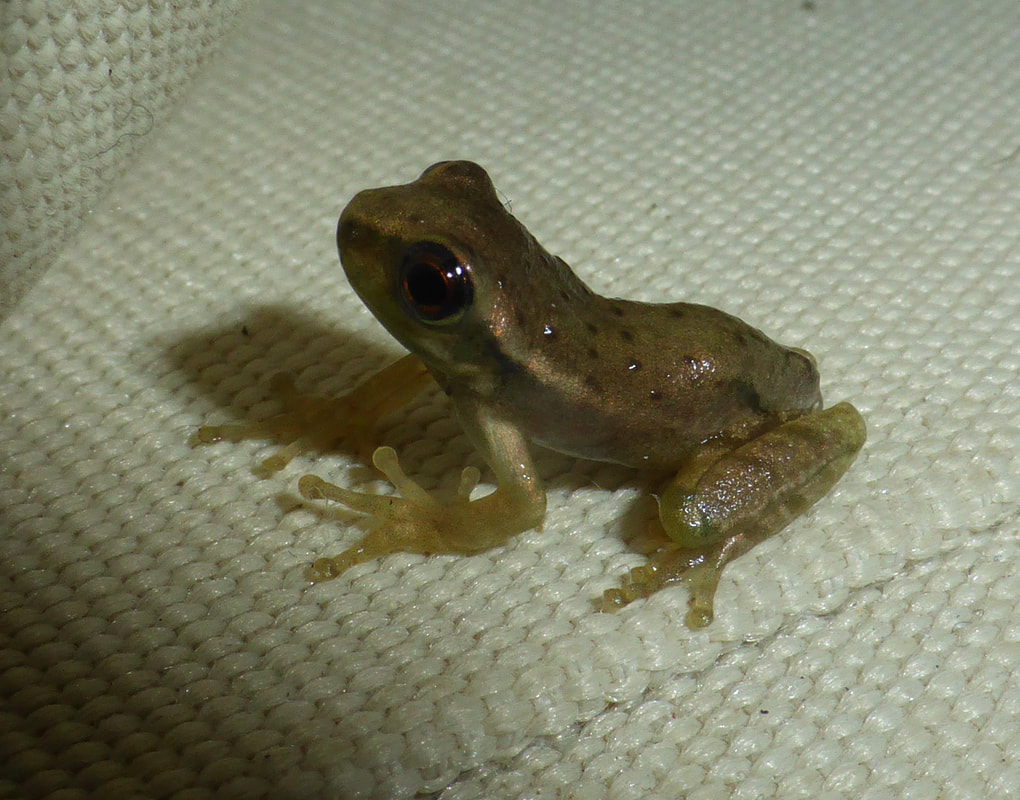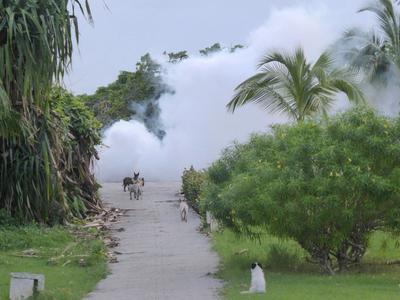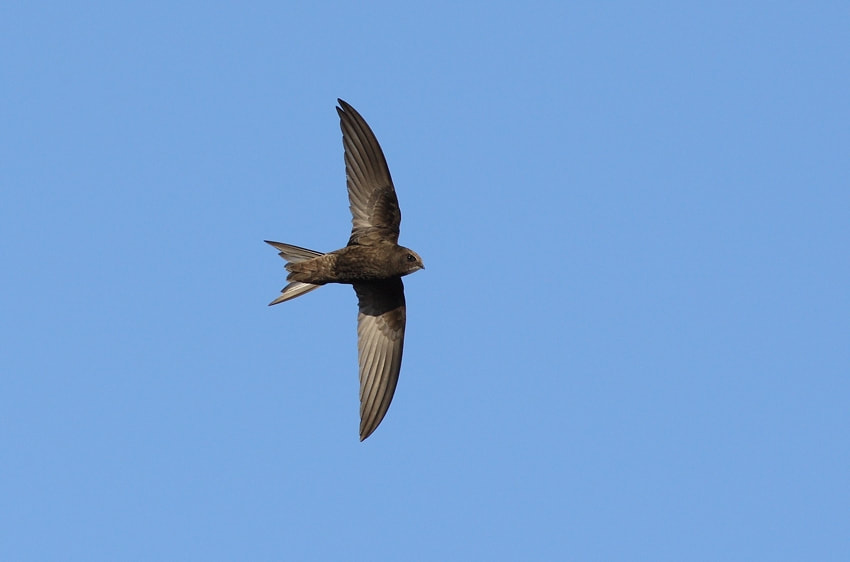Dengue fever is widespread throughout the tropics and subtropics, occurring in > 100 countries. Nearly 100 million cases of dengue fever are thought to occur every year. Severe infection mainly affects infants and children living in the tropics and subtropics. Most Dengue Fever infections produce no symptoms or result in mild symptoms where 4-10 days after the mosquito bite there is usually a sudden onset of fever, headache, muscle and joint pains. A rash may develop. Within a few days the illness usually resolves and serious complications are uncommon.
Zika Virus is mainly spread through mosquito bites though there is a low risk of sexual transmission. The mosquito responsible most commonly bites during daylight hours and is abundant in urban settings. The illness itself is usually mild but there is a link between infection during pregnancy and babies being born with birth defects so pregnant women really do not want to get this virus.
In many cities in Cuba there is regular aerial spraying of insecticide to kill the mosquitoes and so reduce the risk. I’m told that in some places this has been stopped due to protests by local people.
At the Luna y Mares hotel (I don’t know what happens at any others) there is a truck that goes around each evening as dusk approaches belching out insecticide to control the mosquitoes. I’m told that it is harmless to humans and maybe it is, maybe it isn’t. Do I want to take the risk – absolutely not! So when we hear the noisy truck coming we make sure we are either in our room with the window and door closed or make ourselves scarce or upwind. Would I take the risk of coming here without these controls – yes certainly, and we do in other Central American countries when we go there. Would I come here if I was a pregnant woman – I’d follow the travel advice given which is to postpone non-essential travel.
But the producers are smart and possibly/maybe/probably/definitely (you choose) in anticipation of neonics being banned tweaked the formula so that they can say ‘ah but this is not technically a neonic’. An environmental organisation has filed a lawsuit in France to ban it.
In October 2017 German researchers announced that the biomass of insects on many nature reserves in Germany has dropped by an average of 76% in the last 27 years. And this was on nature reserves. It is thought to be the effect of the use of insecticides on farmland. It is known that neonics are now widespread in hedgerow plants and shrubs in the wider countryside here in the UK where neonics have not been directly applied. Insects eating leaves, or taking pollen or nectar from such plants will be being affected by these toxins. It is known in the UK that farmland bird populations have declined by 56% since 1970. Things are not improving despite the vast amounts of money paid to farmers to do just that. Between 2010 and 2015 alone the decline was 9%. In some species the decline has been well over 90% during that period while others such as Goldfinch and Stock Dove have increased. It is quite likely I would suggest that the dramatic decline in the UK (50% in just 21 years) of another insectivorous bird, the Common Swift Apus apus, is due in part to this general decline in insects.
We cannot go on the way we are, there has to be a better way. We have to immediately find ways to substantially reduce the amount of poisonous chemicals put on the land. We have to find new innovative less damaging and sustainable solutions to the problem of producing food for the human population. We have to get away from a system where large corporations control the seed market especially the GM seed market that locks farmers into using their products and more and more of their poisonous chemicals at the same time. It is a win win for the producers and a huge loss for the rest of us. The producers must be held financially responsible for the damage caused by use of their products, and the precautionary principle needs to be applied in all instances before licences are issued for use. GM is all about maintaining market share and locking in farmers to using their products. Traditional plant breeding techniques can produce disease and pest-resistant crops more quickly and more cheaply than GM but the big corporations have halted that by buying up the smaller seed companies that were doing it.
There are people in the world who say that we should just leave things entirely up to market forces. There are even people here in the UK government who are open proponents of doing away with all environmental legislation – what fools, what ignorant fools. Another Silent Spring is happening and you’d better wake up from your years of slumber and neglect of duty and do something about it. Over to you Michael Gove, UK Secretary of State for Environment, Food and Rural Affairs. You sure as heck can't do any worse than your dreadful predecessors.







 RSS Feed
RSS Feed